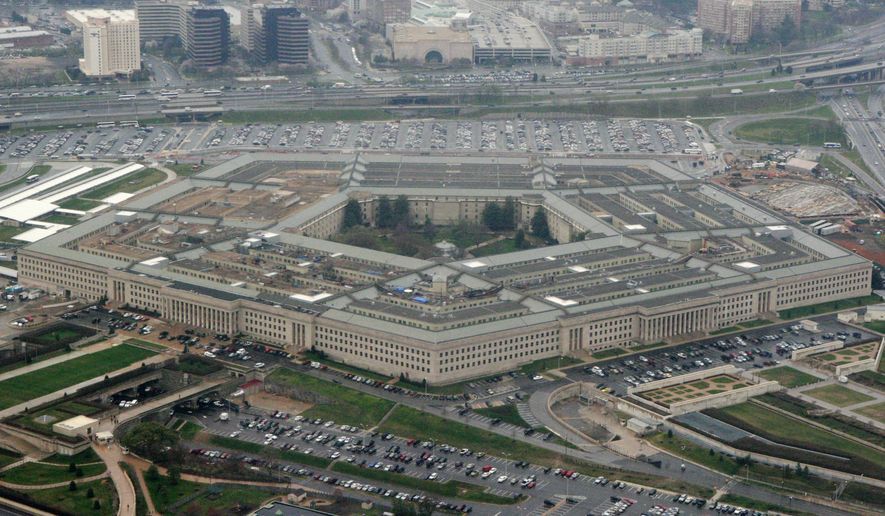Russian military leaders are poised to press the United States for some level of cooperation with their forces deployed to Syria, based on agreements reportedly reached between the Trump administration and Russian President Vladimir Putin on Monday.
In a statement Tuesday, officials from the Russian Ministry of Defense did not provide details as to what level of military cooperation Moscow is seeking from the U.S., or what kinds of missions American units could be tasked with as part of joint operations with Russia. But Moscow did make clear the groundwork for a proposed way ahead for the U.S and Russia was due to Monday’s summit between Mr. Trump and Mr. Putin in Helsinki.
“The Russian Defense Ministry is ready for practical implementation of the agreements in the sphere of international security reached by Russian and U.S. presidents, Vladimir Putin and Donald Trump,” said Ministry Spokesman Igor Konashenkov.
“The Russian Defense Ministry is ready to enliven contact with the U.S. colleagues, between our general staffs and via other communication channels, to discuss … cooperation in Syria, and other topical issues of military security,” he said in a statement, reported by Russian state media outlet, TASS.
Mr. Konashenkov also said Russia would be willing to extend the New Strategic Arms Reduction Treaty (START), which limits the number of deployable American and Russian nuclear weapons at no more than 1,550. The current New START deal, signed in April 2010 is set to expire in 2021.
“I reassured President Trump that Russia stands ready to extend this treaty, to prolong it, but we have to agree on the specifics at first because we have some questions to our American partners,” Mr. Putin said in an interview with Fox News, shortly after Monday’s summit.
It remains unclear whether Russia’s willingness to extend the nuclear non-proliferation deal is tied to any proposed agreement with the U.S. on Syria.
Russian forces, along with Iranian military advisers and paramilitary groups like Hezbollah, have been vital in aiding regime forces loyal to Syrian President Bashar Assad in quashing anti-government rebels beginning in 2011.
American forces have battled the Islamic State in Syria since 2014, forcing the U.S. and Russia into an uneasy detente with both sides attempting to keep out of each others’ paths in the country.
But with last year’s collapse of Raqqa — the Syrian capital of the terror group’s so-called caliphate — Russian and Iranian-backed Syrian forces have been aggressively taking back territory held by the group also known as ISIS, while continuing to batter remaining enclaves of the country under rebel control.
In April, Mr. Trump suggested “it’s time to come back home” from Syria. “We’ve had a tremendous military success against ISIS. I want to get out, I want to bring our troops back home. I want to start rebuilding our nation,” he said during a White House press conference that month.
• Carlo Muñoz can be reached at cmunoz@washingtontimes.com.




Please read our comment policy before commenting.